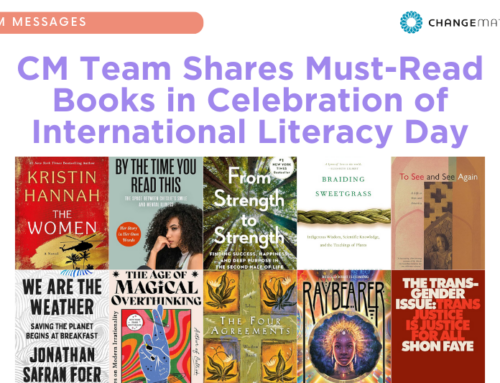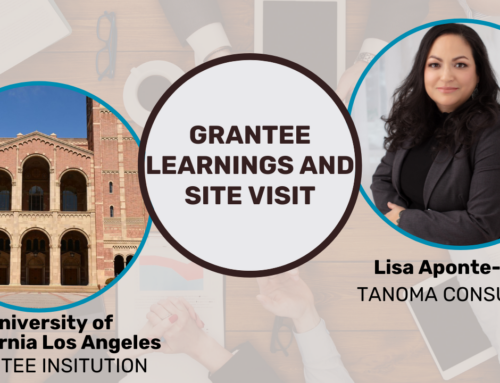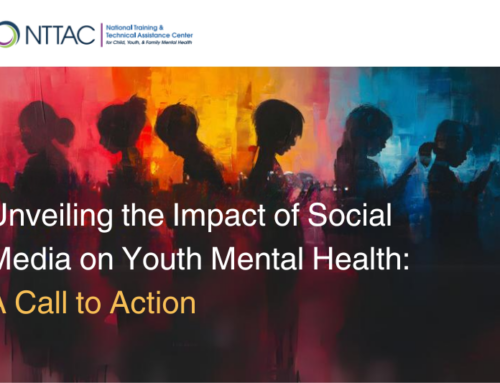From a young age, Change Consultant Cristal Ramirez felt the impacts of the foster care system. Cristal is a first generation Mexican American from central California. As a child, she went back and forth between living with her mother and eight siblings and having to navigate California’s child welfare system until she left home at 17 to attend San Diego State University in southern California. There, she received her B.S. in Interdisciplinary Studies in three departments — Psychology, Sociology, and Counseling and Social Change — as well as a minor in Cultural Proficiency (a name Cristal doesn’t agree with and hopes is changed to cultural humility) in 2018. In 2020, Cristal graduated San Diego State University with an M.S. in Multicultural Counseling with an emphasis in Social Justice Education. Cristal now brings her broad education and lived experience to Change Matrix.
What drew you to CM?
Before Change Matrix, I worked as a Youth Engagement Manager developing and overseeing a National Advisory Council on Children’s Legal Representation, made up of lived experience experts. This role allowed me to engage those who have been directly impacted by the child welfare (CW) system and share insights and best practices of how to engage lived experience experts with the field. I also got to be part of various projects through this role as well as other roles and wanted to both continue doing similar work and also get to do different work. I was excited to see how much CM values equity and all of the different projects that align with working towards that goal.
What is your role at CM?
I am a Change Consultant, providing support to technical assistance (TA) centers, bringing my wealth of knowledge in the child welfare system.
Which project or assignment are you most excited about?
I am excited about all of the projects I will be part of at Change Matrix. I look forward to being involved in projects where I get to lend my experience in child welfare as well as interact in areas in which I haven’t had as much experience, getting to gain new skills. I think right now, I am most excited for the National Training and Technical Assistance Center for Child, Youth, and Family Mental Health (NTTAC).
Why did you choose equity work?
I bounced around between many foster homes, coming in contact with people (both adults and youth) of various backgrounds — culturally, ethnically, socioeconomic status, religion, etc. In many spaces, I had to tone down my Latinidad and have shared experiences with other youth who have been impacted by the foster care system of not being connected to who they are. I lived with foster parents who held racist beliefs and grew up having tough conversations with them. I got to get a close look at the impact that inequity has in different communities. I observed a lot of harm in some of the neighborhoods I grew up in and how different life looked for those who had grown up differently and had access to different resources. I’ve always wanted to work within the child welfare system at some capacity and, as I got further in my education and career, I saw the importance of having those with lived experience being a part of making change.




